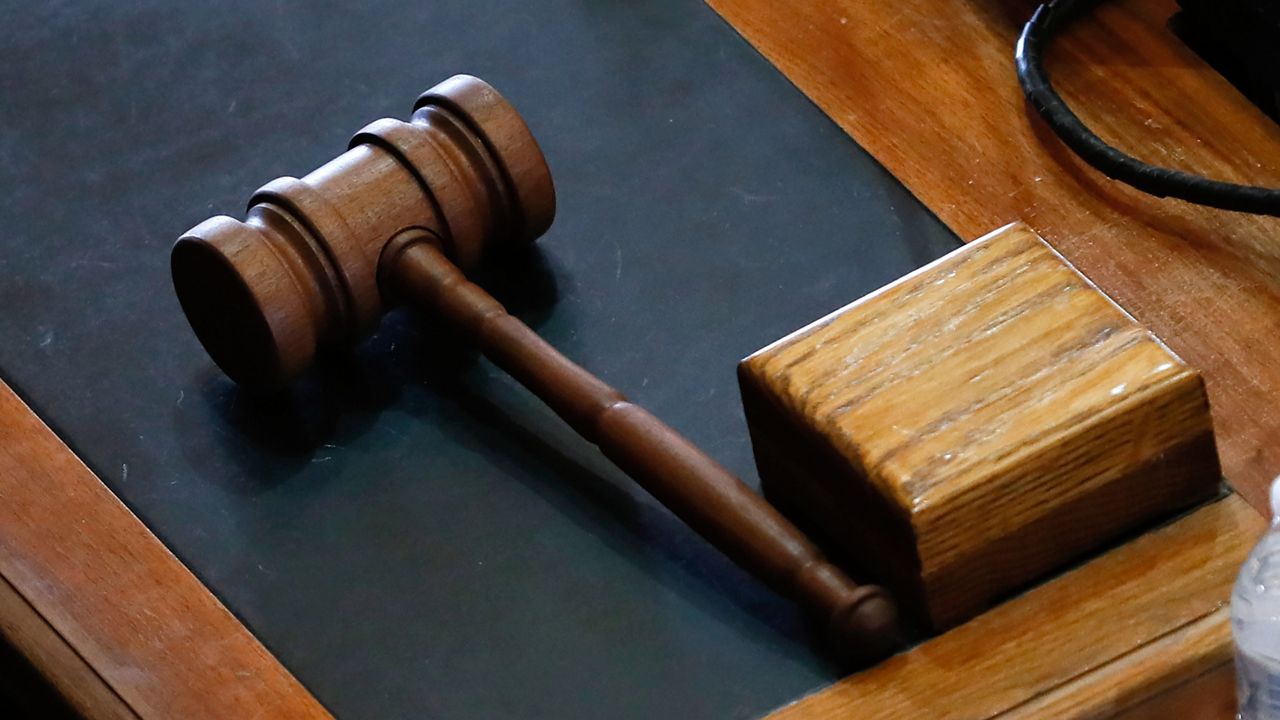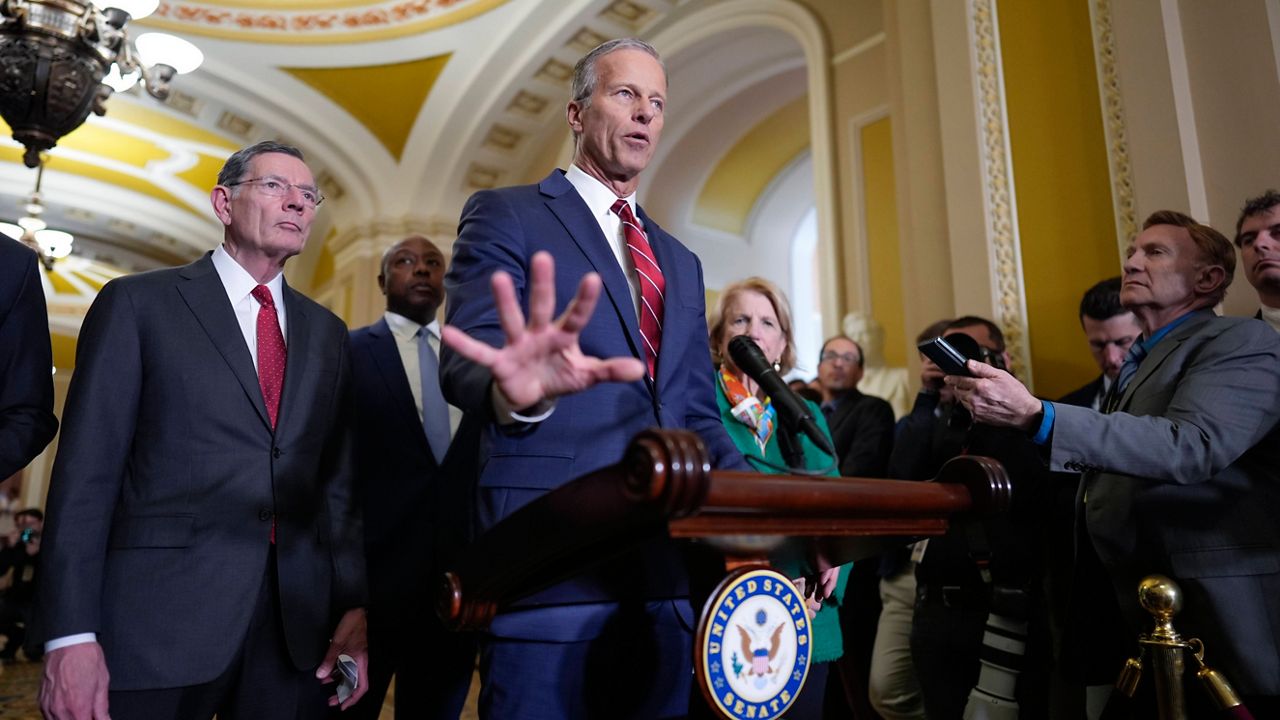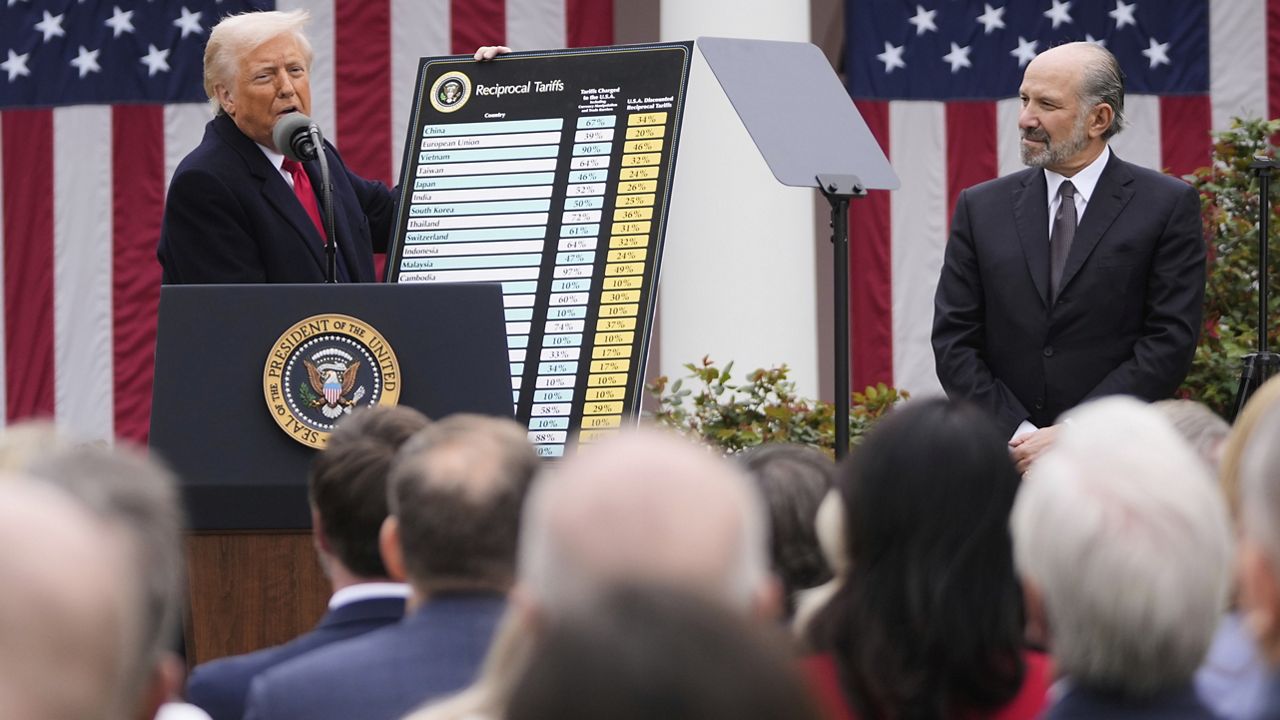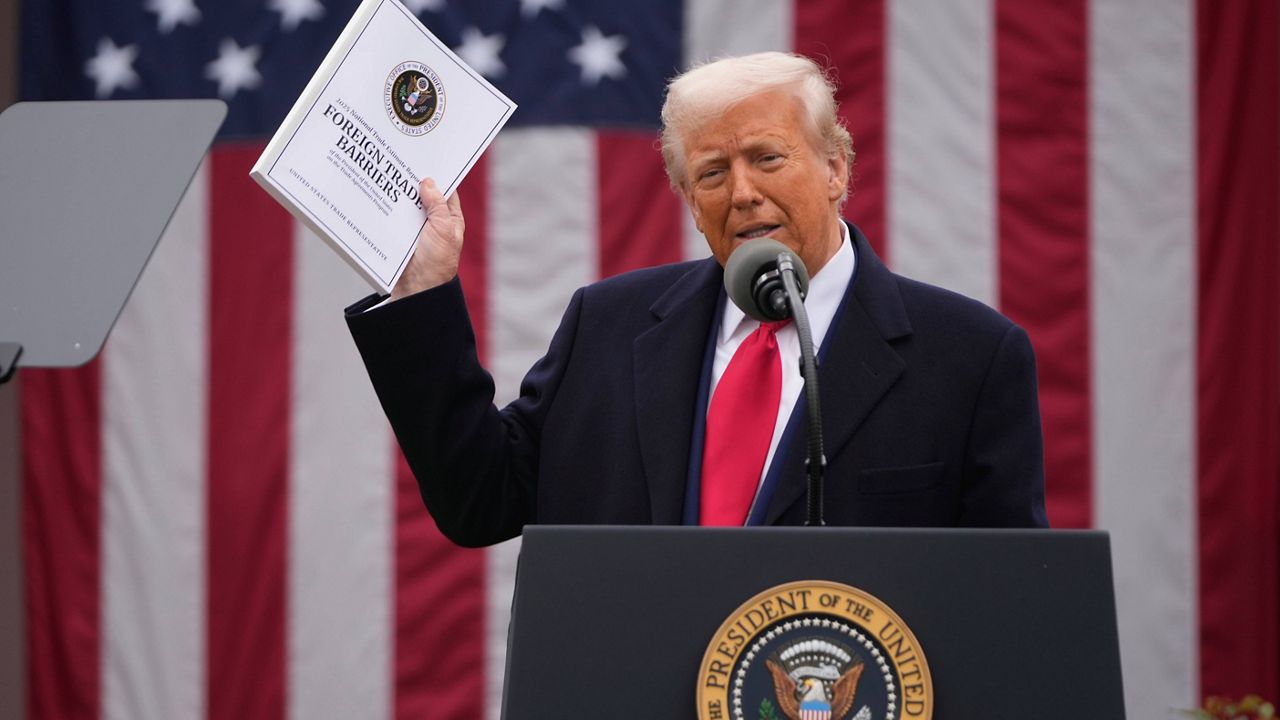WASHINGTON — Congressional Republicans appear to have identified their approach of choice at the moment to carrying out President Donald Trump’s calls to clamp down on federal judges: limiting their ability to issue what are known as nationwide injunctions.
This week, the House is expected to vote on a bill from Rep. Darrell Issa, R-Calif., that would restrict a judges’ ability to issue the sweeping injunction relief while in the upper chamber, Senate Judiciary Committee Chair Chuck Grassley, R-Iowa, is set to introduce his own, similar legislation.
It comes as Trump and his closest allies have become increasingly vocal in their criticism of federal judges in recent weeks as his administration has been handed unfavorable court rulings. The White House has accused them of acting as “partisan activists,” seeking to hinder implementation of Trump’s agenda as the president has — at least in one high-profile case — joined a growing trend among some on the right in calling for the impeachment of judges.
Earlier this month, the president also explicitly called for an end to nationwide injunctions, although he put the onus for doing so on the Supreme Court.
The phrase is not a formal legal term with an established definition but in this context refers to an order that halts the government from implementing a particular policy and applies to all parties and entities rather than just those involved in the specific litigation.
In his statement on Sunday announcing his intent to introduce a bill cracking down on the matter on Monday, Grassley – who notably has not gotten on board with Trump and his administration’s call to impeach judges – referred to the legal move as a “favorite tool for those seeking to obstruct Mr. Trump’s agenda.”
The Senate Judiciary Committee chair’s legislation – titled the Judicial Relief Clarification Act – would mandate that such injunctions could only apply to parties directly involved with the specific case at hand.
“Under my bill, lower courts could no longer block legitimate executive action by issuing orders to nonparties to the lawsuit,” he wrote.
The legislation would also make temporary restraining orders, which prevent a party from doing something for a specific period of time as a case plays out, immediately appealable. As it stands now, in federal courts, temporary restraining orders themselves generally cannot be appealed, according to Cornell University’s Legal Information Institute.
Grassley used the example of a judge issuing a temporary restraining order regarding Trump’s efforts to end certain foreign assistance. The Iowa Republican argued that had the court not been asked to specify order, it would have forced the administration to send aid to entities that didn’t sue.
Issa’s bill, meanwhile, would similarly bar judges from issuing such injunctions applying to parties outside those in the suit. Sen. John Hawley, R-Mo., told Fox News last week that he was introducing a similar bill.
The legal move has become much more common over the last few administrations. In 2020, the Department of Justice estimated that there were 12 nationwide injunctions against the George W. Bush administration during its eight years in the White House. The Obama administration’s two terms, meanwhile, saw 19 of such injunctions issued against it before Trump’s first administration saw 55 in just its first three years.
In a speech on the matter in 2020, Jeffrey A. Rosen, the deputy attorney general at the time, noted that such figures meant that nationwide injunctions were being issued during the first Trump administration at 12 times the rate as they were in the George W. Bush administration.
According to the Congressional Research Service, around 17 of such injunctions have been issued against the Trump administration since the president’s return to office less than three months ago. The report notes however, that an exact number is hard to pinpoint given it is not a formal legal term.
This week’s campaign against nationwide injunctions comes after House Republicans have introduced articles of impeachment against particular federal judges. That, however, effort seems unlikely to make much progress given the high bar for conviction in the Senate.
House Speaker Mike Johnson, R-La., last week sought to stress Congress’ “authority over the federal courts,” adding that they have the power to “eliminate an entire district court.”












